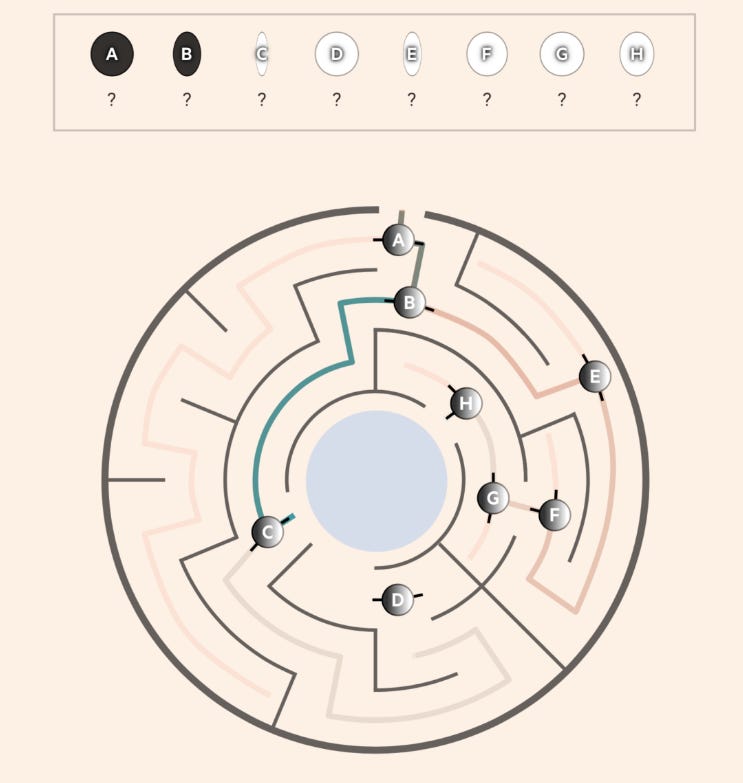Quantum Computing and the Fragility of Digital Privacy - Steven Chen
Encryption, new frontier, broader implications, future
In the ever-evolving world of quantum computing., the boundaries of what's possible are constantly being pushed. The recent revelation from a team of Chinese researchers, unveiling a technique that could potentially crack prevalent encryption methods, is a testament to this. But as with any groundbreaking discovery, it's essential to separate the wheat from the chaff and understand the implications.
The Quantum Threat to Encryption
The digital world's backbone is encryption. It's what keeps our online transactions safe, our personal data private, and our communications secure. The looming threat of quantum computers has been known for a while. Their potential ability to crack cryptographic keys faster than classical computers is a concern for cybersecurity experts worldwide.
The theoretical foundation for this threat was laid down by Peter Shor in 1994. His algorithm, leveraging quantum superposition and interference, could factor large numbers exponentially faster than classical computers. This poses a significant threat to encryption systems like RSA, which rely on the difficulty of factoring large prime numbers.
A New Quantum Frontier
A recent study from China offers a fresh perspective. Instead of relying on Shor's algorithm, the team, led by Shijie Wei, utilized Schnorr's algorithm., originally designed for classical computers. By implementing part of this process on a quantum computer using the Quantum Approximate Optimization Algorithm, they suggest a potential breakthrough.
Their claim? Breaking strong RSA keys using just 372 qubits. This is a significant reduction from the million or more qubits previously believed necessary. However, it's not just about the number of qubits. The error rate is a significant hurdle. For their technique to be effective, each of the 372 qubits would need to operate with near-perfect accuracy, a feat not yet achieved.
The Reality Check
While the team's demonstration on a 10-qubit quantum computer is impressive, it's essential to understand its limitations. Factoring a 15-digit number, though a milestone in quantum computing, is far from the encryption keys used in modern systems.
Moreover, the speed advantage of the QAOA remains uncertain. As the researchers themselves admit, while their technique might operate on smaller quantum computers, there's no guarantee it would complete the task efficiently.
The Broader Implications
The research community's response to this paper has been mixed. Some, like quantum-computing theorist Scott Aaronson, have criticized it for potentially being misleading. The uncertainty surrounding the algorithm's speed, a crucial aspect, is relegated to the paper's end.
However, the paper serves as a stark reminder of the impending quantum threat. As
Michele Mosca points out, that even if this specific technique doesn't break the internet, other quantum algorithms might. The race is on to develop post-quantum or quantum-safe cryptographic systems. But the looming question remains: What if better quantum algorithms emerge that can crack even these systems?
The Quantum Future
The world of quantum computing is rife with possibilities and uncertainties. While the recent Chinese study offers a tantalizing glimpse into potential advancements, it also underscores the fragility of our digital privacy.
As we continue to push the boundaries of quantum research, it's crucial to approach each breakthrough with a balanced perspective, understanding its implications and limitations. The dance between quantum computing and cybersecurity is intricate, and as we move forward, the stakes only get higher.
Check out some cool Quantum Computing startups here! 15 Quantum Computing Startups
- Steven Chen
Principal, Zero2One VC





